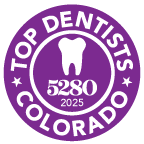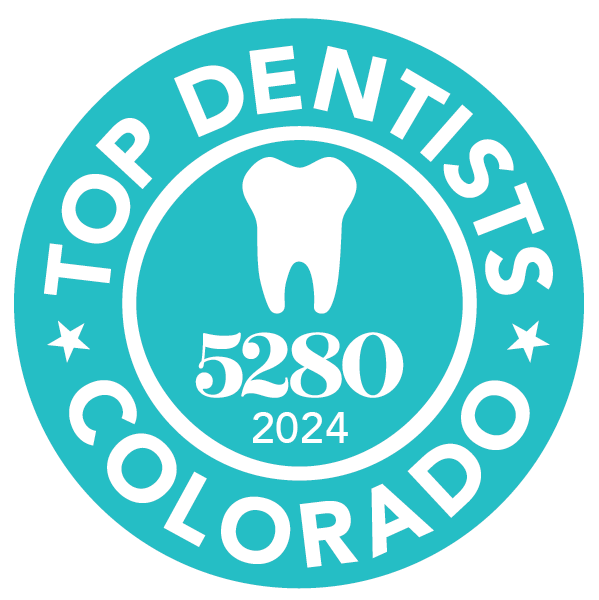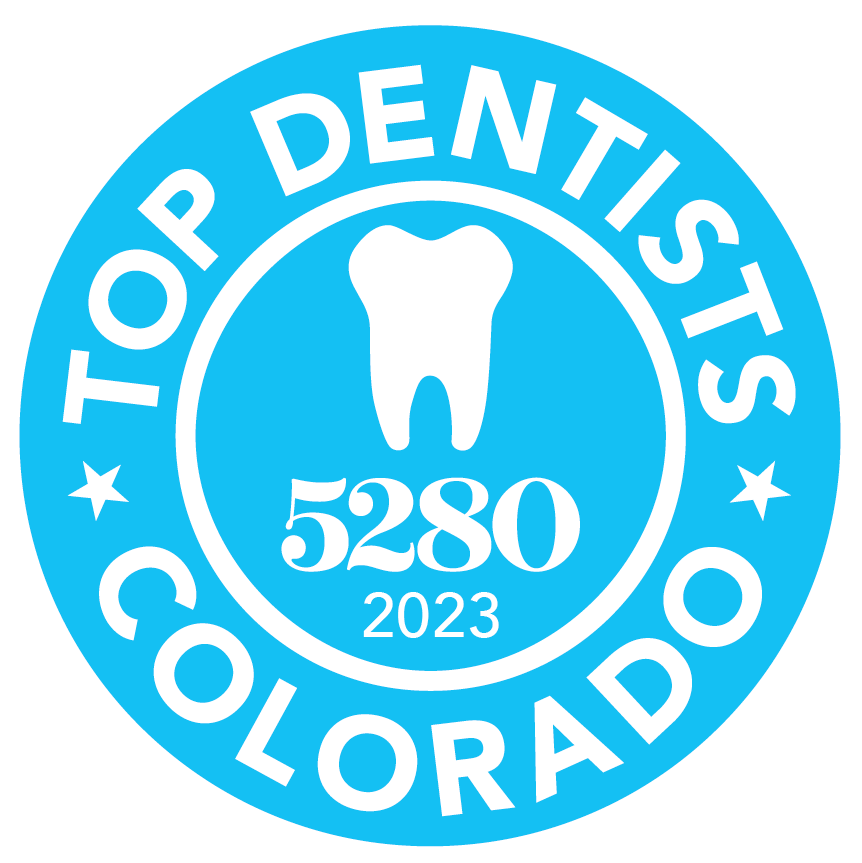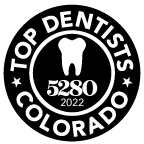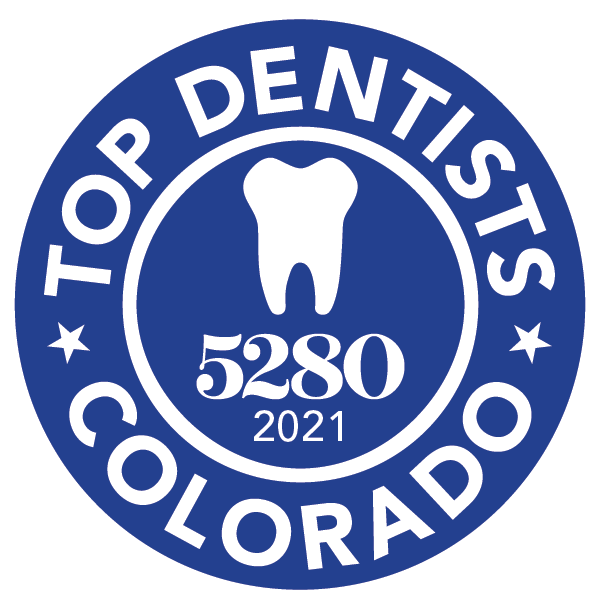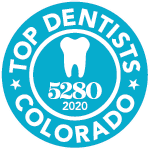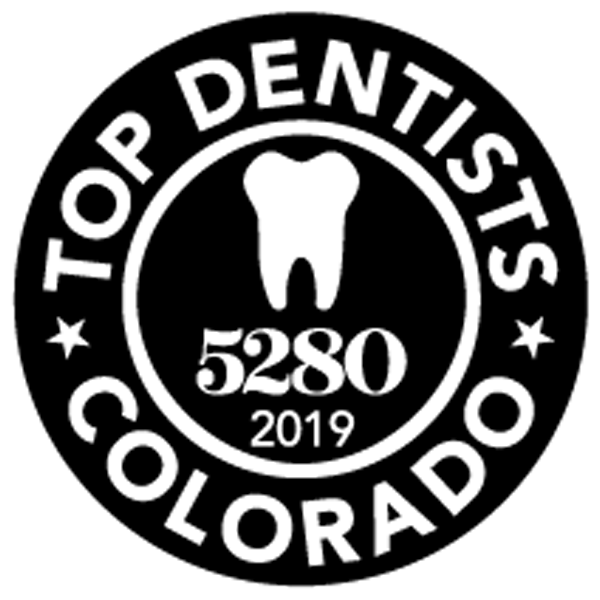Gum disease can be very aggressive and, if left untreated, can destroy the structures of the mouth that support the teeth. If the infection is allowed to spread through the mouth, you may experience bone loss and even tooth loss, damaging both your oral health and your appearance.
Restoring the health and appearance of your gums and teeth can sometimes require aggressive treatment, especially in the more severe stages. Gum surgery is a surgical option used in these advanced cases.
Gum Surgery
If the periodontal pockets in the mouth have become too deep to be reached by scalers, then gum surgery will be required to clean and repair the damaged and diseased gum tissue.
The main types of gum surgery are as followsre are 3 main types of gum surgery, which are:
- Gingival Flap Surgery – This is a surgical procedure for those with moderate to severe periodontal disease. In this case, Dr. Jenkins will cut pull back the gum tissue and separate it from the teeth. Next, a thorough cleaning will be performed with an ultrasonic scaling device and hand instruments. These instruments are able to remove plaque, calculus/tartar, endotoxin, and biofilm inside the pockets and root surfaces.
- Osseous Surgery – Similar to flap surgery, after removal of the bacterial plaque and calculus, the bone will be reshaped and contoured to facilitate health. This is done by ostectomy (removal of supporting bone) and osteoplasty (removal of non-supporting bone).
- Guided Tissue Regeneration (GTR) – Sometimes there can be an isolated defect in the bone around the tooth. During gum surgery, a bone graft material is placed into the defect and covered with a resorbable collagen membrane. This is done to attempt regeneration of the bony defect as well as the other periodontal structures.
- Gingivectomy and Gingivoplasty – During a gingivectomy, excess gum tissue is removed in order to better clean the teeth. Dr. Jenkins will numb your gum tissue and then cut the additional tissue away. During Gingivoplasty, the gum tissue is reshaped, usually for cosmetics.
Gum surgery is not the cure for gum disease, but it helps stabilize and maintain the gums, bone, and teeth. In addition to treatment by your periodontist, excellent oral hygiene at home is of extreme importance to a successful result and stabilization of the gum disease. The best way to keep gum disease away is with proper oral hygiene. This means you should be brushing twice a day for 2-3 minutes each time using a fluoride toothpaste, flossing 1-2 times on a daily basis, and visiting your regular dentist every 6 months for a regular cleaning and exam. Dr. Jenkins will place you on a strict cleaning program every 2-3 months to ensure cleanliness of the gums and teeth and check for stabilization of the gum disease. If these protocols are not followed, gum disease can relapse and cause more damage to the supporting structures of the teeth, which will lead to tooth loss over time.
If you have gum disease that you’re having a difficult time controlling, please contact Littleton Implants & Periodontics, located in Littleton, Colorado. Dr. Ryan Jenkins is committed to helping you rid your mouth of gum disease once and for all.
